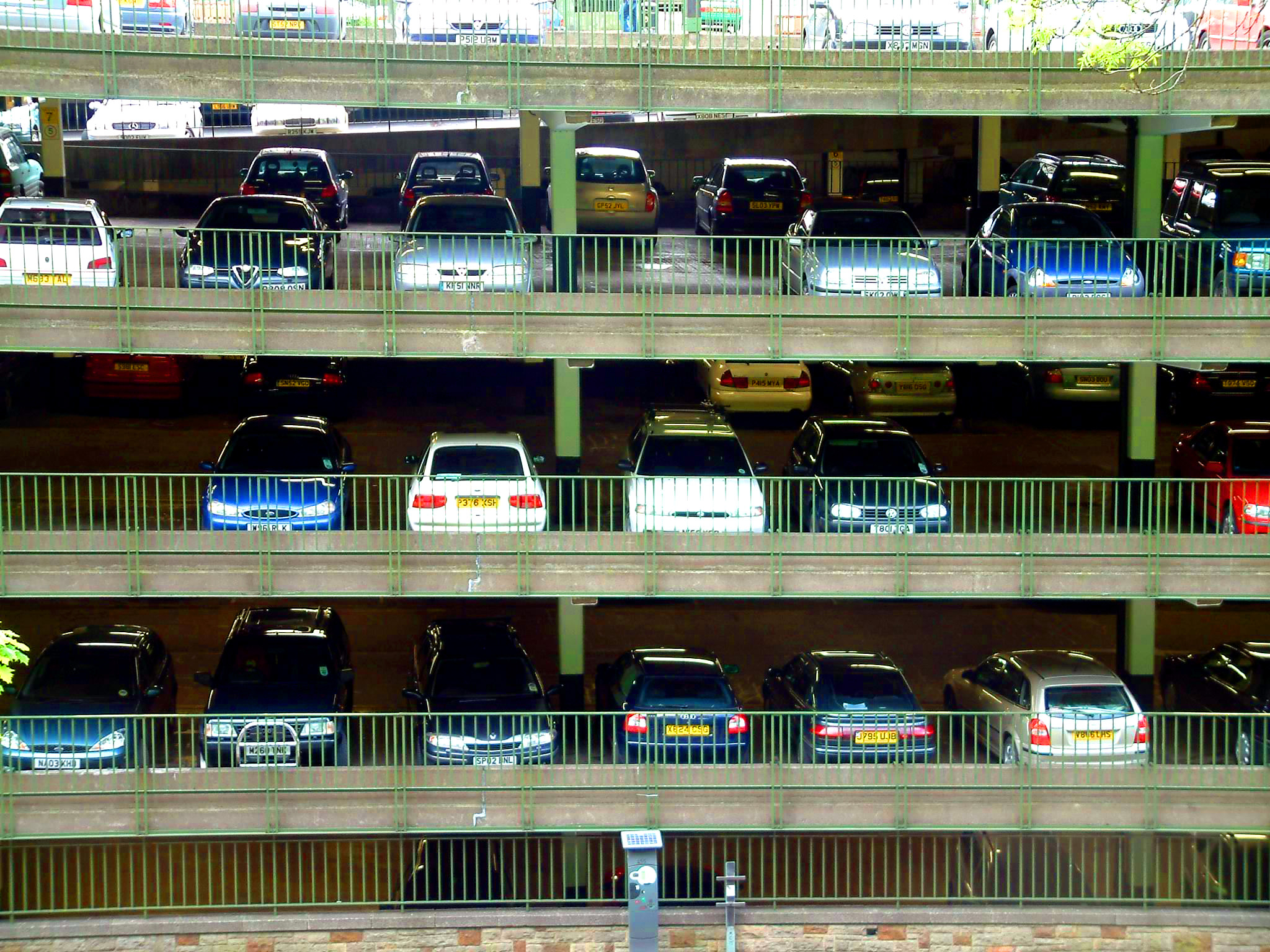The issue of parking within hospitals is constantly in the news and evokes strong emotions from all sides.

Parking in Scotland, Wales and Northern Ireland is already largely free of charge, and pressure is mounting on the English government to follow suit.
But a recent probe by the Press Association found that a third of English hospitals actually raised parking charges last year, netting more than £254m, and with private firms bagging much of the profits.
At the top end of the scale, North Tees and Hartlepool Hospitals NHS Foundation Trust charged £4 per hour for parking, compared to Pennine Acute Hospitals NHS Trust, which charged just £1 an hour.
But striking the right balance between meeting the cost of delivering services and providing a customer experience that is sensitive to the environment is no easy task.
And it is driving parking operators and technology suppliers to come up with new innovations aimed at fairly allocating spaces while at the same time improving the user experience and reducing the likelihood of fines.
A Fair for all approach at Torbay Hospital
In the vanguard of industry thinking is Joanne Brimblecombe, sustainability and site services lead within the estates and facilities management division of Torbay Hospital, part of the Torbay & South Devon NHS Foundation Trust.
Her team has worked with parking operator, WPS, to find a new solution to on-site parking issues.
She said: “Parking should be fair for all, not free for all, and we support concessionary parking on our site.”
Department of Health guidance
Brimblecombe cites Department of Health guidance, laid out in Health Technical Memorandum 07-03 NHS car-parking management: environment and sustainability, that states that:
A complex site
The Torbay Hospital site, while not especially large, is still noticeably complex. And the diverse nature of the portfolio required a mix of solutions, an approach being increasingly adopted by health trusts.
The estates and facilities management team undertook a strategic review of all parking, ensuring that patients and visitors parked closest to the main buildings, with staff parking in the furthest car parks. Disabled badge holders and drop-off spaces were created outside entrances.
“Parking is the first experience our patients and visitors have of our hospital,” said Brimblecombe. “It needs to be as smooth, hassle-free and as comfortable as possible, and that means having reliable systems that are easy to use, and easy to configure to manage concessions and other specific requirements.”
For the larger car parks and staff car parks, a pay-on-foot solution was preferred, with barrier controls; while, for the smaller car parks, typically with a capacity of 20 vehicles or less, the trust opted for a pay-and-display system.
Hospital staff have to pay to park on the site and the technology has been configured to recognise the various charging bands, which are linked to earnings and range from 50p to £2.50 a day.
For visitor concessions, Torbay adopted the TCP IP architecture of the WPS ParkAdvance systems where scanners on reception desks and hand-held USB devices can validate tickets on wards such as ICU and oncology.
Looking to the future
Leading-edge technology Among the most-recent systems to be delivered is a new ‘TicketLine’ Pay and Display technology from WPS’s German partner, WSA.
It provides flexible payment options including cashless and smart/loyalty cards. It also has real-time reporting capabilities.
The other options the trust is considering are:
Parking provider, Nortech, is also reporting an increase in the use of modern technology to improve the experience for NHS car park users.
A spokesman said, “Systems have evolved in recent years which help to minimise congestion and pollution.
“Our variable message signs (VMS) are increasingly used to eliminate congestion at the entrances of hospital car parks and can also offer vehicle guidance as to where there are available parking spaces.”
When choosing a solution, he advises: “Specifiers need availability of products, UK-based technical support, and to know they are specifying the very-latest technologies.”
And he predicts that, in the future, systems will evolve to more-easily integrate with internet of things (IOT) technologies.